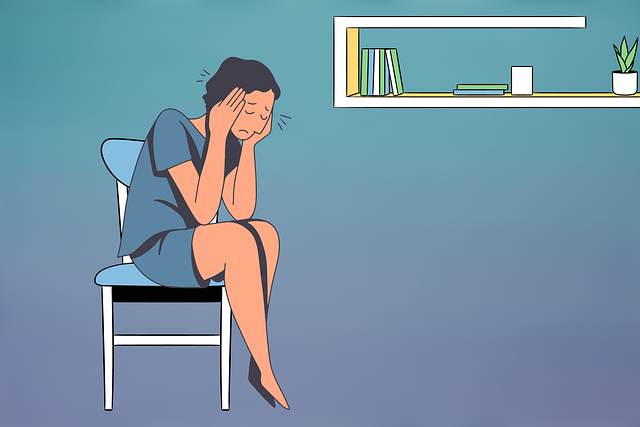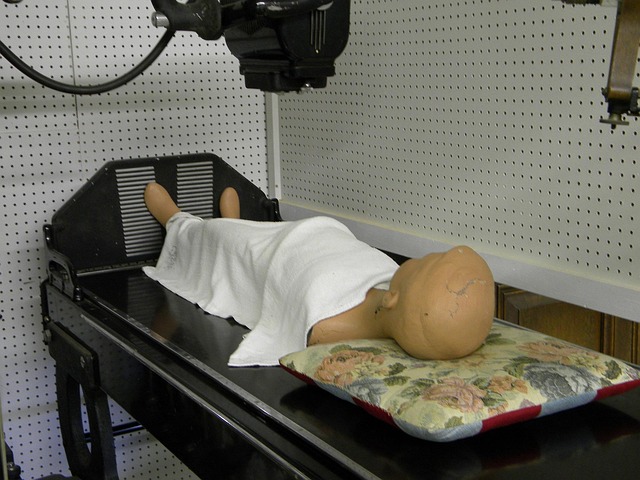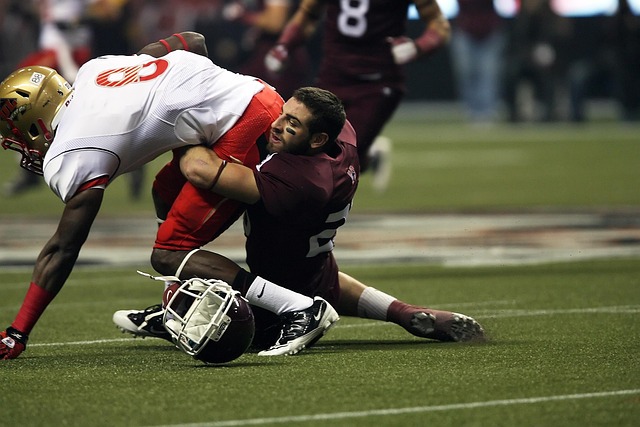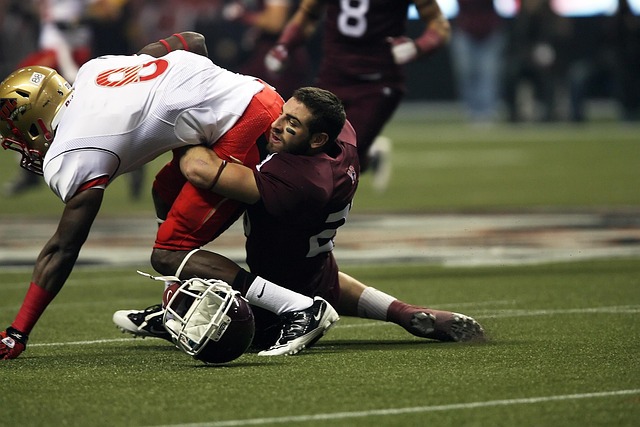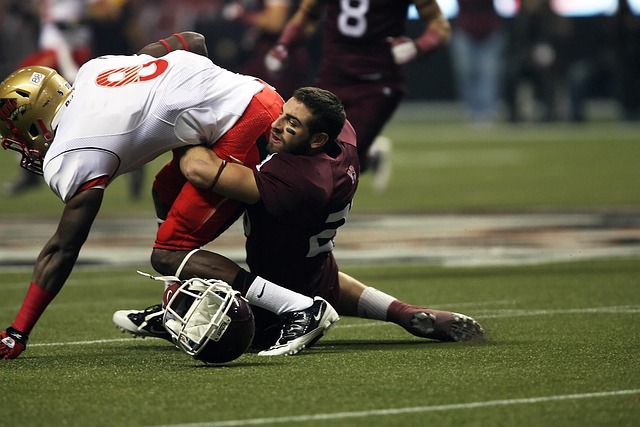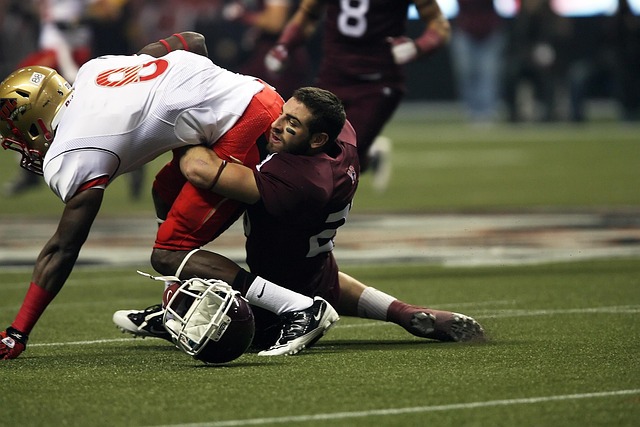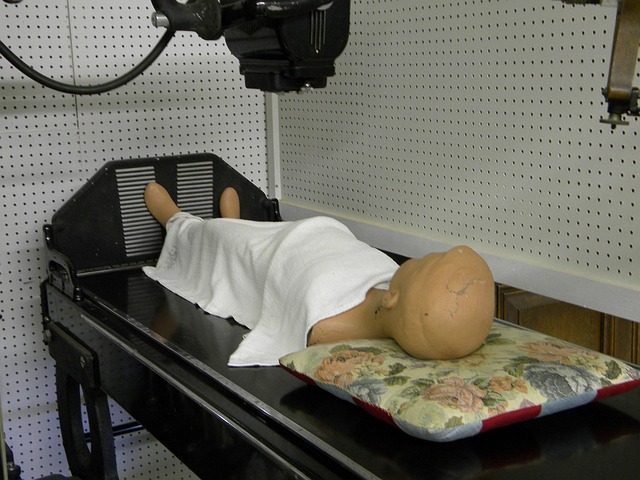Chiropractic treatment for concussion injury effectively manages dizziness and neck pain through specialized adjustments, manual therapy focusing on the musculoskeletal system, and neuromuscular rehabilitation. This holistic approach supports physical and cognitive recovery in athletes, promoting faster symptom alleviation and a safer return to sports.
“Experiencing dizziness and neck pain after a concussion can be disorienting and debilitating, impacting daily life and athletic performance. This comprehensive guide delves into the complex relationship between these symptoms and post-concussion syndrome. We explore effective strategies for managing and overcoming these challenges, with a particular focus on the role of chiropractic treatment in addressing concussion injuries. From understanding the root causes to implementing successful recovery techniques, this article aims to empower athletes and caregivers.”
- Understanding Dizziness and Neck Pain Post-Concussion
- Chiropractic Treatment Approaches for Concussion Injuries
- Effective Management and Recovery Strategies for Athletes
Understanding Dizziness and Neck Pain Post-Concussion
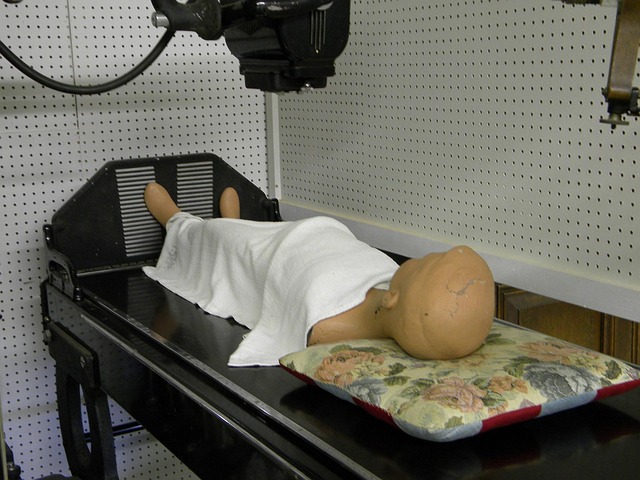
Dizziness and neck pain are common symptoms experienced by individuals post-concussion, often indicating underlying issues that require careful attention. Concussions, a type of mild traumatic brain injury (mTBI), can result in a range of physical and cognitive symptoms. One of the more prevalent and distressing symptoms is dizziness, which can manifest as vertigo or a lightheaded feeling. Neck pain is another frequent companion to dizziness, stemming from potential neck muscle strains or spinal misalignments caused by the impact of the injury.
Seeking chiropractic treatment for concussion injury can be beneficial in managing these symptoms. Chiropractors are trained to evaluate and address issues related to the musculoskeletal system, including the spine and nervous system. Through specialized adjustments and manual therapy, they aim to reduce pain, improve nerve function, and enhance overall recovery after a concussion. This approach not only supports physical healing but also contributes to cognitive rehabilitation by addressing the potential mechanical factors contributing to dizziness and neck discomfort.
Chiropractic Treatment Approaches for Concussion Injuries
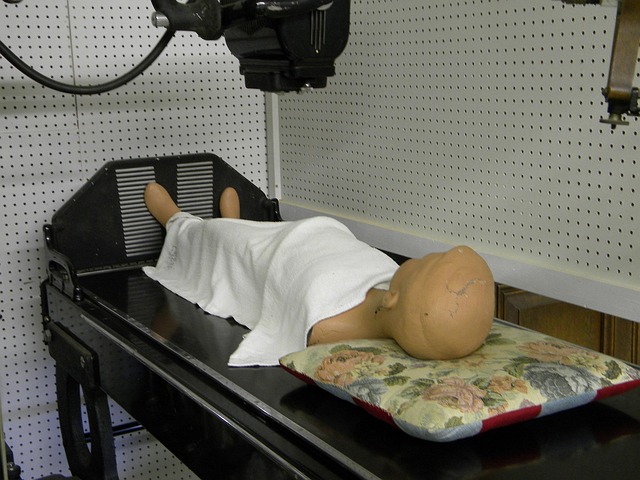
Chiropractic care has emerged as a valuable non-invasive approach to managing post-concussion symptoms, including dizziness and neck pain. Chiropractic professionals use a combination of techniques such as spinal manipulation, joint mobilization, and neuromuscular rehabilitation to address the physical consequences of a concussion. These treatments aim to reduce inflammation, improve nerve function, and enhance overall neurological health.
One key aspect of chiropractic care for concussion injuries is focusing on the cervical spine (neck). Chiropractors carefully assess and adjust the neck to promote proper alignment and support brain health. By addressing mechanical issues in the neck, they can help alleviate dizziness and reduce the risk of further injury or long-term complications associated with concussions. Additionally, chiropractors often incorporate rehabilitation exercises to strengthen the neck muscles and improve balance, contributing to a faster recovery and better symptom management.
Effective Management and Recovery Strategies for Athletes
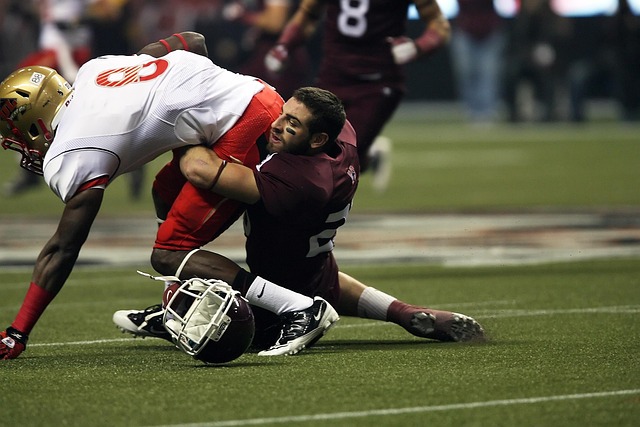
For athletes recovering from a concussion, managing dizziness and neck pain effectively is paramount to a successful return to sport. Chiropractic care has emerged as a valuable component in the rehabilitation process, offering non-invasive and natural approaches to address these symptoms. Chiropractors can provide specialized adjustments to the cervical spine, aiming to reduce nerve irritation and improve overall spinal function. This hands-on therapy can help alleviate dizziness by enhancing balance and vestibular system regulation.
Additionally, chiropractic care incorporates other therapeutic modalities like heat/ice therapy, electrical stimulation, and exercise rehabilitation to target specific muscle groups affected by the concussion. By combining these strategies, athletes can experience reduced neck pain, improved cognitive function, and enhanced overall performance. Early intervention with chiropractic treatment for concussion injuries can significantly contribute to a faster and safer return to competitive sports.
Dizziness and neck pain post-concussion can significantly impact athletes’ recovery and return to play. Understanding these symptoms and implementing effective management strategies, such as chiropractic treatment for concussion injuries, are vital steps in facilitating a safe and successful recovery. By combining chiropractic care with other evidence-based practices, athletes can navigate the complexities of post-concussion syndrome and hasten their return to peak performance.





